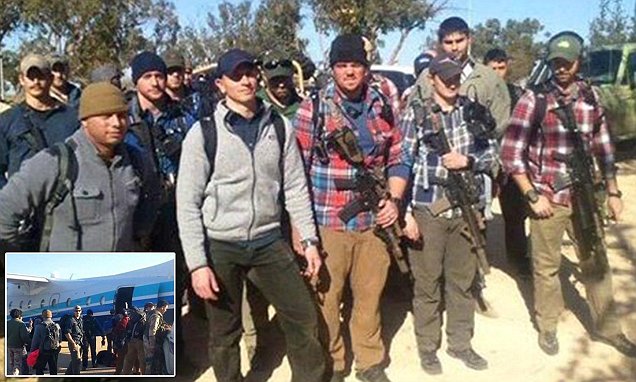Libya: Know the players in the game
AI Overview
Summary is AI-generated, newsroom-reviewed.
Not that anyone is keeping track, but we still have American (along with British, Italian, and French) Special Operations Forces in Libya. The entire conflict there has taken a backseat as the Western world has focused on Aleppo and Mosul, but the following report gives a good breakdown of the vari
Read the full article for more on:
- Important insights and detailed analysis
- Expert commentary on current events
- Breaking developments and updates

Not that anyone is keeping track, but we still have American (along with British, Italian, and French) Special Operations Forces in Libya. The entire conflict there has taken a backseat as the Western world has focused on Aleppo and Mosul, but the following report gives a good breakdown of the various players on the ground. […]

What readers are saying
Generating a quick summary of the conversation...
This summary is AI-generated. AI can make mistakes and this summary is not a replacement for reading the comments.









COMMENTS